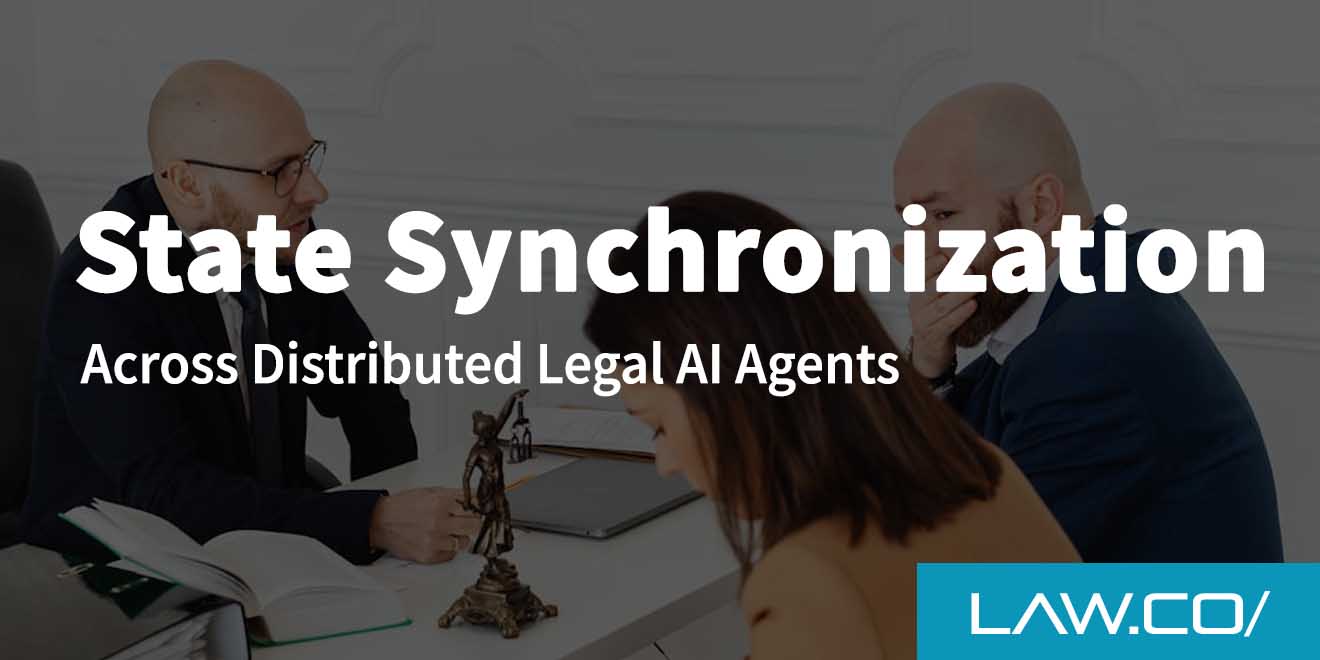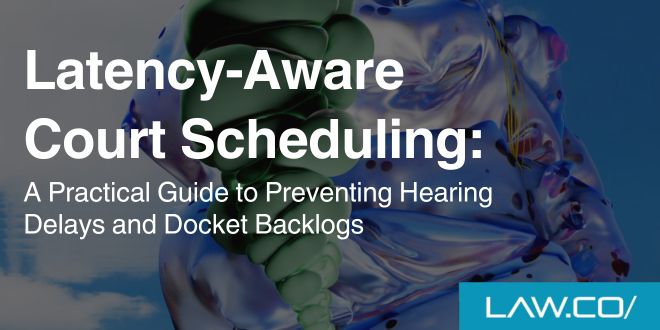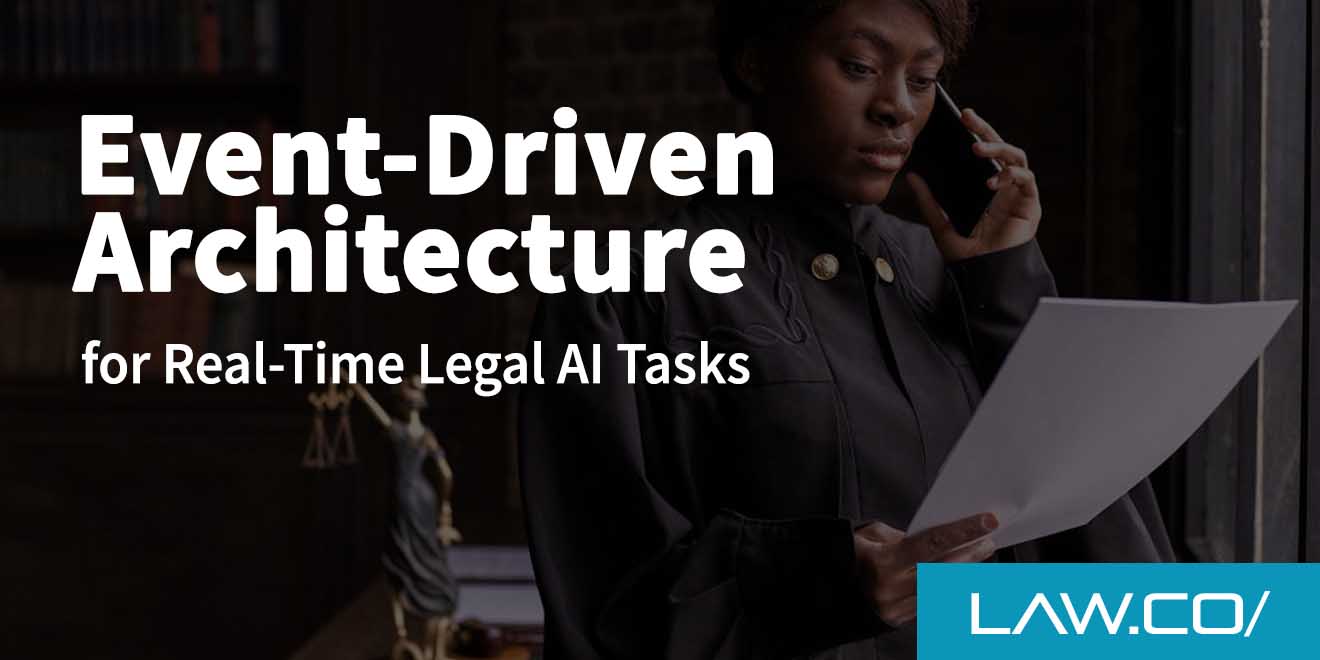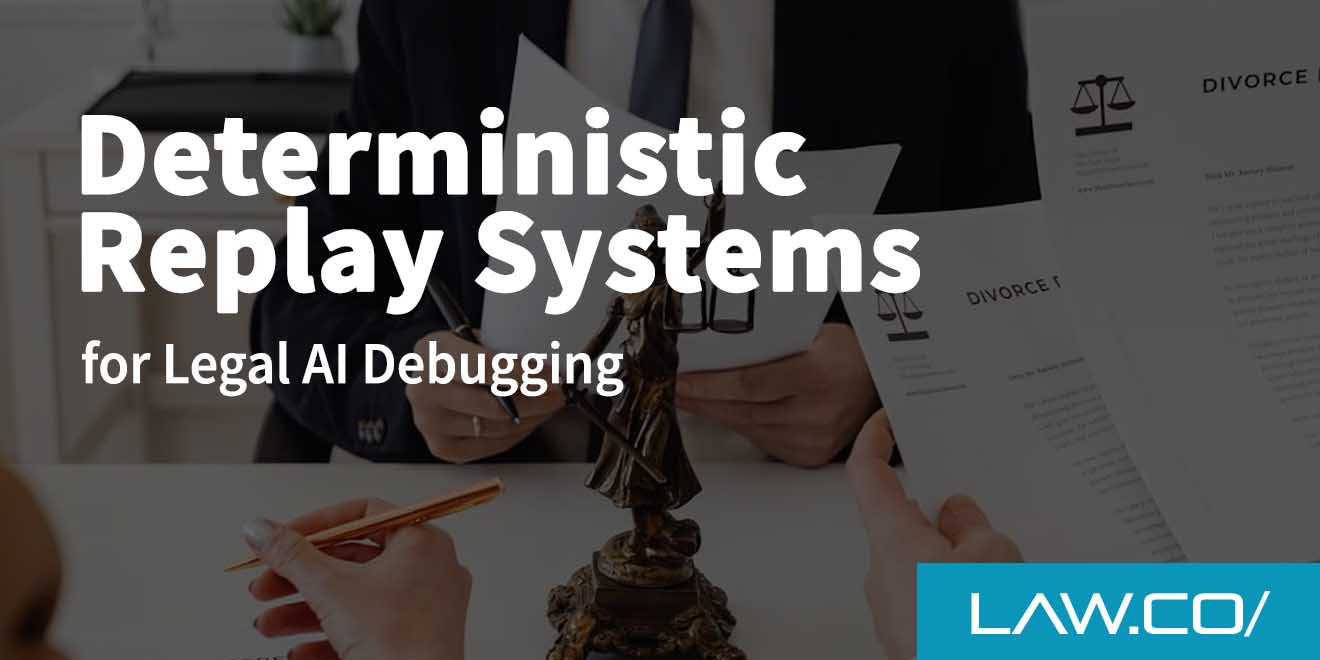

Top 15 Estate Planning Software Tools
The legal profession is transforming.
Thanks to the power of artificial intelligence (AI) and other modern, advanced technologies, entrepreneurs and innovators are creating dynamic new tools to aid legal professionals in their service of clients.
One of the most impressive areas of development here is in estate planning.
Estate planning services encompasses everything from the creation of wills to the formation of durable powers of attorney – and it ranges from very simple to very complicated, depending on the size and nature of the estate in question.
Modern estate planning software options attempt to make things much more streamlined and easier, with established templates, generative AI document creation tools, document management tools, contact and communication management features, and sometimes even project and task management components.
So what are the best estate planning software tools on the market? And how should you decide between them?
The Top Estate Planning Software Tools
These are some of the most powerful and useful estate planning software tools made primarily for lawyers and law firms:
1. Law.co.

Law.co is a legal AI tool that can help you with nearly every aspect of your legal practice, from legal research to document drafting – and much more. It can help you draft wills and other estate planning documents in a matter of minutes, and it can automate and accelerate a host of other responsibilities in the legal profession. It's not exclusively dedicated to estate planning, but estate planning attorneys strongly benefit from using it.
2. WealthCounsel.

WealthCounsel is legal drafting software – and it also offers workflow solutions and continuing legal education (CLE). It provides complete estate planning solution, elder law, business law, trust administration, and more. It also offers a host of interactive templates to help you get started.
3. Clio.

Clio is a more general platform for legal practice management, but it has some excellent estate plans management tools, earning it a spot on our list. It functions as document generation software, case management software, and even accounting software simultaneously, ostensibly reducing the number of platforms your company needs to use.
4. Yourefolio.

Yourefolio is estate planning software that provides a 21st Century client experience. This platform is designed to help you with every phase of estate planning, from beginning to end. It includes both a professional dashboard and a client dashboard to give your clients real-time data on their estate.
5. Giving Docs.

Giving Docs is primarily focused on the planned giving portion of estate planning. It’s used by both individuals and institutions to make the planned giving process smoother, more intuitive, and ultimately more successful.
6. Trustate.

Trustate is all about automation and streamlining. It’s an estate operations platform designed to make estate management easier in the legal and wealth management industries. It serves a wide range of clients, from solo practitioners to major law firms.
7. Estateably.

Estateably is estate, trust, and incapacity accounting and administration software. It includes features like document generation, workflow automation, accounting, and one-click reporting. It even has a built-in task management feature to help you stay organized.
8. Trust & Will.

Trust & Will is an online estate planning document creation platform designed to offer personalized guidance. It can help you with most types of estate planning documents and can even offer county-specific probate support for a higher tier membership.
9. EstateExec.

EstateExec provides automated guidance, easy accounting, and more features to ease executor duties. It’s designed to simplify this complicated process for not just lawyers, but also total laypeople trying to prepare their own estate.
10. Amicus Attorney.

Amicus Attorney is leading legal software offering features like centralized case management, scheduling, communications, contact management, and of course, document generation and management.
11. Smokeball.

Smokeball is an AI-powered legal practice management tool designed to boost your productivity. It includes estate planning tools for document generation and management, as well as automatic time tracking, general automation, and billing.
In addition to these, there are many online will makers available to the general public. These include services like:
12. LegalZoom.

LegalZoom’s will maker is $99 and gives you free unlimited updates for 30 days.
13. Quicken WillMaker.

Quicken WillMaker is $99-209, depending on what you want, and gives you free updates for one year. It is not available in Louisiana.
14. GoodTrust.

GoodTrust is $149 and can help you make a will in 15 minutes. It offers free updates for 7 days.
15. RocketLawyer.

Rocket Lawyer’s will maker is $19.99 per month and offers free unlimited updates for 7 days.
If you're a layperson, keep in mind that estate law can be very complicated. Creating a will, or another estate document, based on an existing template, with no fundamental understanding of how estate law works in your area could lead to problematic consequences.
Tips for Choosing the Right Estate Planning Software Tools
So how do you choose the right estate planning software tools for your practice or personal needs?
· Scope. First, consider the scope. Some of the tools we've listed focus almost exclusively on generating wills. Others are primarily focused on estate planning. Still others can help you with managing an entire legal practice, complete with contact management and accounting features. Obviously, only some of these tools are going to be relevant to you.
· Features. You'll also need to consider the features and perks associated with each platform. Are there available templates that you can start with? Are you able to make free, unlimited updates to the documents you create? Are workflow automations available for practices?
· Availability. Most prominent legal tools attempt to be available in all 50 states and Washington DC, but some have restricted availability. Keep this in mind to ensure you can create legally valid documents for your area.
· AI. Artificial intelligence (AI), and specifically, generative AI have transformed the legal world. Tools that incorporate generative AI can often do more than their counterparts.
· Automation potential. How much can you automate by incorporating this tool into your practice? With workflow automation, task automation, and similar features, you could save many hours of time.
· Client facing perks. If you're going to use this tool in a legal practice, are there any features or bonuses for your clients? For example, do clients get to see a visual breakdown of their estate, or do they gain digital access to all their legal documents?
· Ease of use/design. Use free trials to evaluate ease of use and overall design. Ideally, you'll end up with an estate planning software tool that's extremely intuitive and seamless to use. Otherwise, you could end up wasting a lot of time on tutorials (and learning the hard way through mistakes).
· Users. How many users are you able to have within this software? If you're an individual simply trying to plan your own estate, this may not matter, but if you have a legal practice with 100 employees, you'll need a tool that can support them.
· Templates. What templates, if any, are available? Can you start the estate planning process with documents that are practically 80 percent finished from the start? For simple estates, you can lean heavily on existing templates.
· Pricing. Obviously, you'll also need to consider the price of each tool. But make sure you consider price in context; the simple will makers on our list are very inexpensive, but that's because their scope and features are limited.
· Support. Finally, consider the support available to you. If you have questions as a layperson, can you contact a lawyer for help? If you have trouble as a lawyer, are there technical support staff members available to help you resolve the issue in a timely manner?
Using Estate Planning Software Tools Responsibly
As many of the tools we've referenced use generative AI, it's important to acknowledge that AI isn't perfect and does come with some weaknesses. If you use automated or AI-based estate planning software tools, use them responsibly by following these best practices:
· Always work with a human lawyer. Modern technology sure is impressive, but it's still no substitute for a professional human being. If you're an individual looking for estate planning work, always have your documents finalized and reviewed by a human lawyer. If you're a lawyer, feel free to use AI, but remember that you're the one in charge.
· Ensure accurate understanding of the law in your area. Always verify that you and your legal AI tool have an accurate understanding of the law in your area. Different states, and sometimes different counties, have very different ways of approaching estate law. What works in Ohio may not work in Louisiana.
· Double check everything. Make an effort to double check everything. Don't assume that the document is sound just because a highly regarded tool generated it. It's your responsibility to verify accuracy and legally sound wording.
Legal AI is incredibly advanced, and it keeps becoming more powerful and impressive by the day. If you're interested in seeing the latest in what legal AI can offer, sign up for a free trial of our dynamic legal AI software today!

%201.svg)










